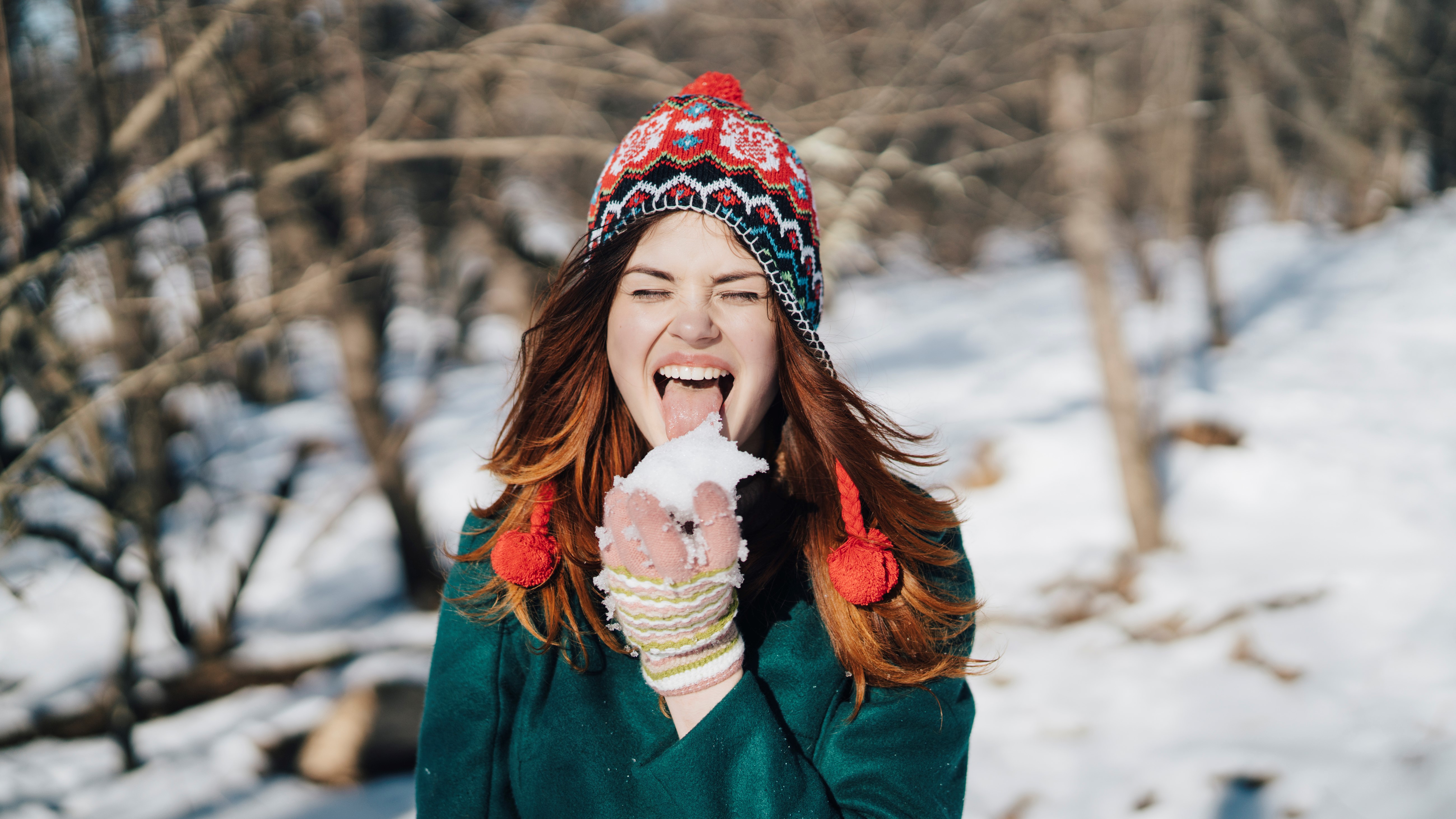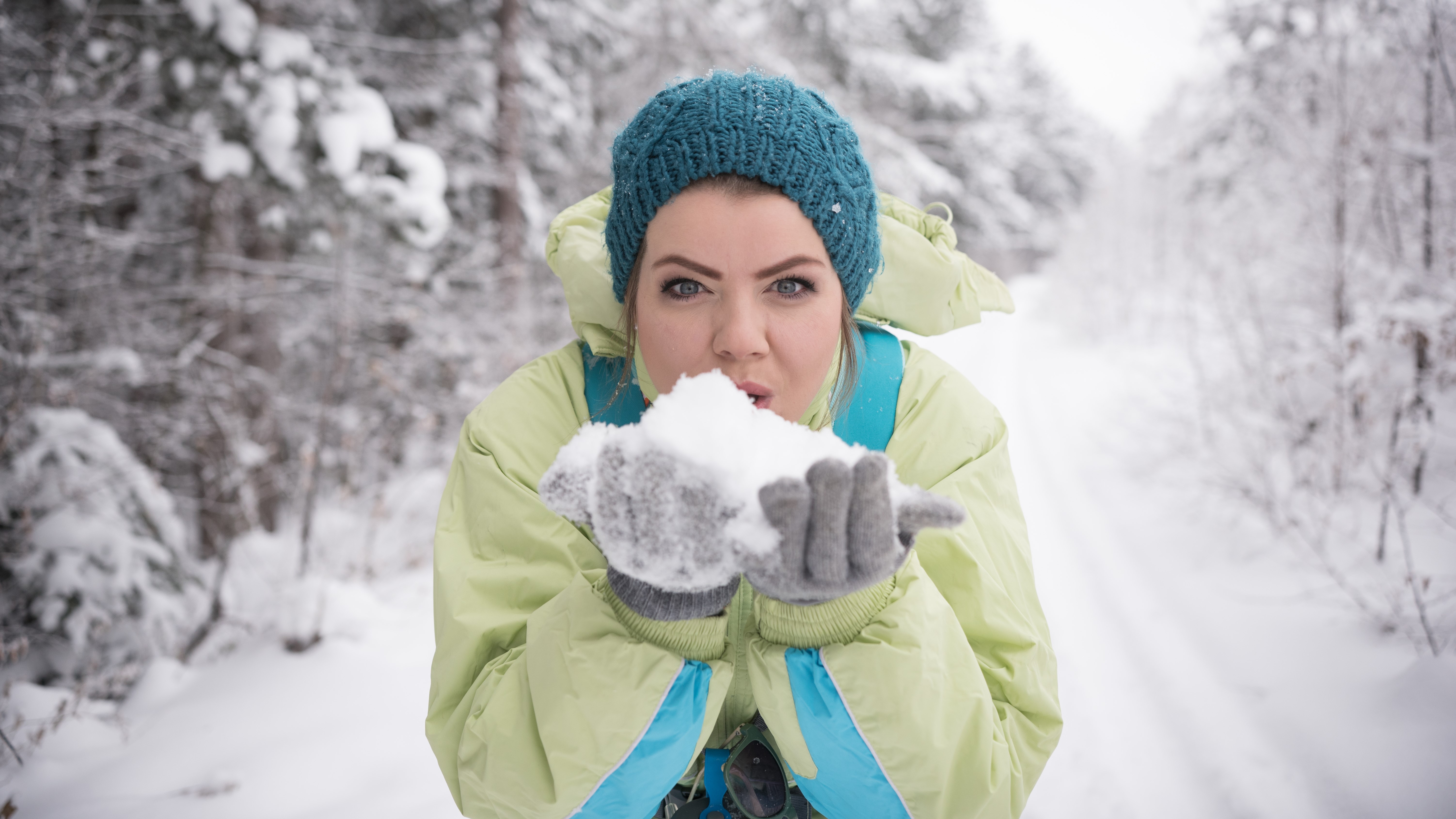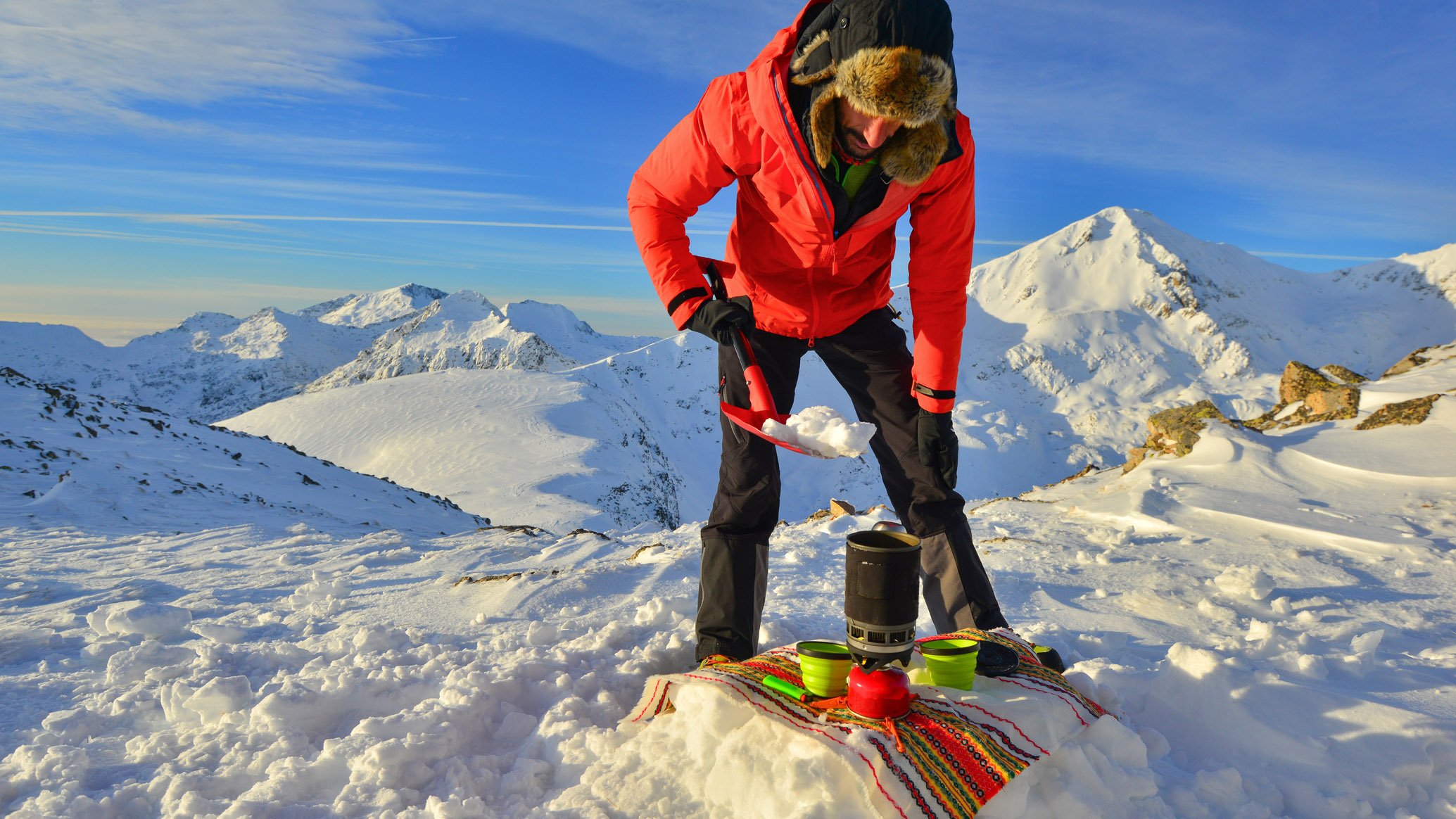Why you can’t eat snow for hydration in a survival situation
It seems like it’s just frozen water, so can you eat snow for hydration if you get lost in a blizzard? Not if you don’t want to land yourself in even more hot water

All the latest inspiration, tips and guides to help you plan your next Advnture!
You are now subscribed
Your newsletter sign-up was successful
Some years ago, a friend of mine got lost on a Colorado 14er well-known for leading unsuspecting hikers off-route. He fell down a gully on his descent and got injured, then a snow storm blew in. Two days later, he was rescued by helicopter, severely dehydrated and with fractures to his pelvis and ribs, but lucky to be alive.
When we met up a few weeks later, and as he recounted his harrowing tale, I asked why, when he was surrounded by snow for two nights, he didn’t just eat some of it to stay hydrated. He explained that doing so is dangerous, and his rescuers had advised him against this.
I was surprised. After all, it’s just frozen water and we’re obviously not talking about yellow snow here. In fact, while snow on a city street could be rife with auto emissions, bacteria, nitrates and more, surely high up on a mountain in the Rockies it would be as pristine as it gets? And what’s a bit of bacteria if it means you avoid the pitfalls of dehydration – dizziness, confusion, rapid heart beat and death? But I’m one to trust mountain rescue’s advice, so I set out to understand why. First stop: my neighbor across the hall who happens to be a medic, who explained that while it seems like you’re just drinking very cold water, eating snow for hydration can actually have the opposite effect.

The reason for this, according to the scientists over at Science Notes, is because water has a high specific heat, which according to the US Geological Society means that it takes more energy to heat it compared to other substances. When it’s frozen, as in snow, it means your body has to work extra hard to melt it from solid into liquid, and if you’re in a life-or-death situation, you want to conserve as much energy as possible to keep your internal organs warm. Expending energy to melt snow into drinkable form only further dehydrates you if you're doing it in large quantities.
Now, if you’re walking down the street in a snowstorm and you tilt your face up to the sky to catch a few flakes on your tongue, there’s no problem of course. If you’re having a snowball fight in the park and fancy a bite, it’s not likely to cause any issues even if it is full of traffic pollution. And of course, boiled snow is usually perfectly safe to consume during winter camping. But in a survival situation, if it’s your only option, put the snow into your water bottle and hold it close to your body to melt it before consuming.

To avoid putting yourself in a predicament where eating snow is you’re only option, remember these basic dehydration prevention tips for hiking in winter:
- Carry enough water for the length of your hike and then some. Bring a couple of water bottles or a hydration pack, and pack them close to your body to keep them from freezing.
- Bring a filter – one way to cut down on the amount of water you need to carry is to bring a filtration device such as the Lifestraw Peak Series Collapsible Squeeze 1L Water Bottle with Filter so that you can safely drink water from a stream or lake if you run out.
- Hike with a lightweight camping stove meant for backpacking and carry a lighter wrapped in plastic so that if you need to, you can melt snow to consume it safely.
- Best hiking gloves: keep your hands snug on long winter expeditions
All the latest inspiration, tips and guides to help you plan your next Advnture!
Julia Clarke is a staff writer for Advnture.com and the author of the book Restorative Yoga for Beginners. She loves to explore mountains on foot, bike, skis and belay and then recover on the the yoga mat. Julia graduated with a degree in journalism in 2004 and spent eight years working as a radio presenter in Kansas City, Vermont, Boston and New York City before discovering the joys of the Rocky Mountains. She then detoured west to Colorado and enjoyed 11 years teaching yoga in Vail before returning to her hometown of Glasgow, Scotland in 2020 to focus on family and writing.

